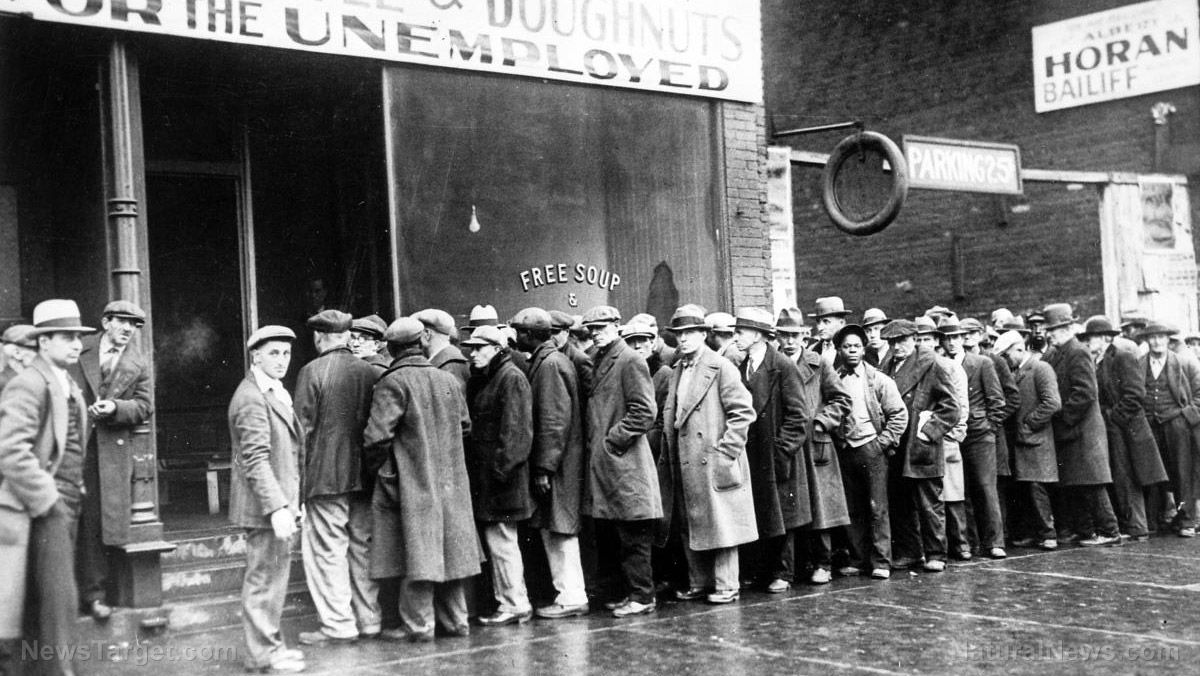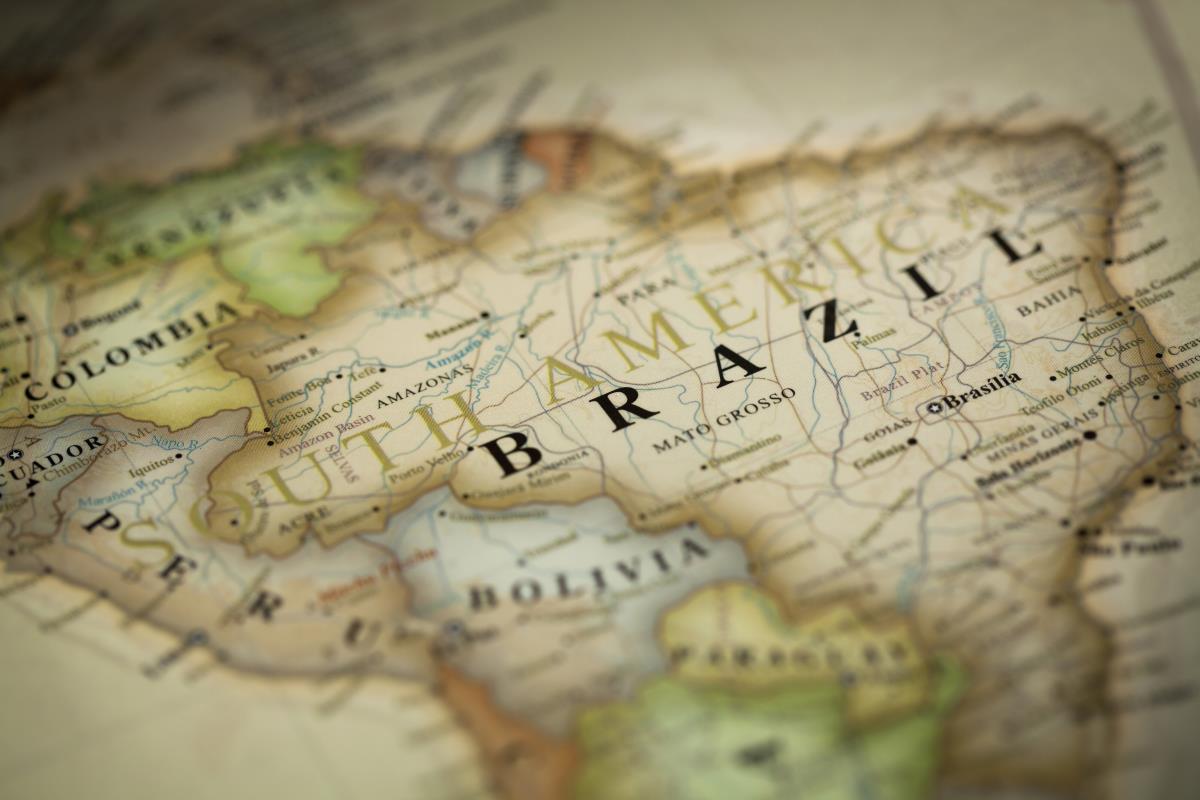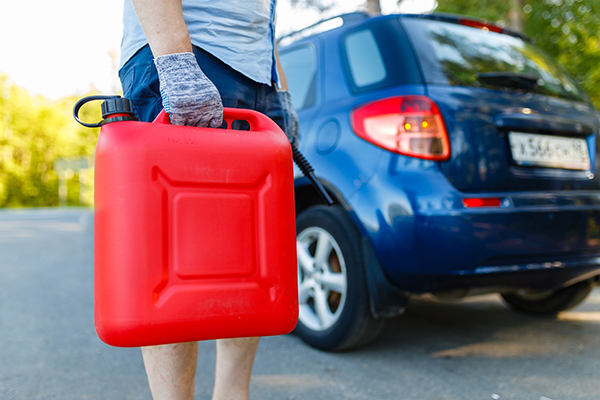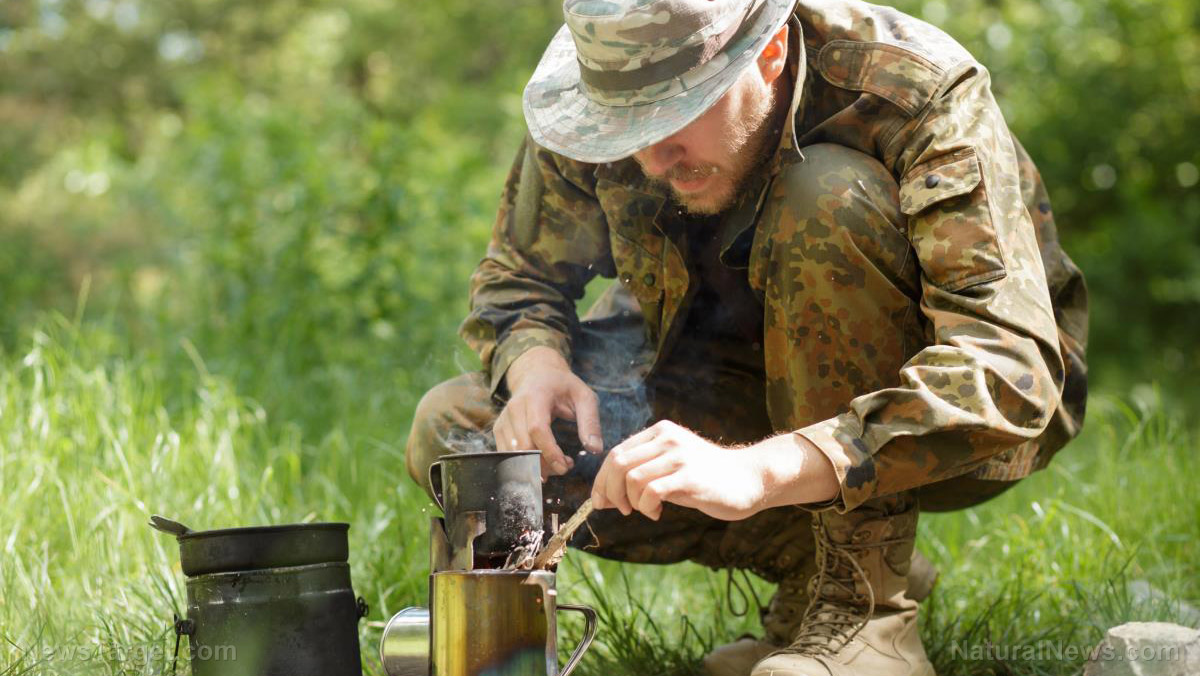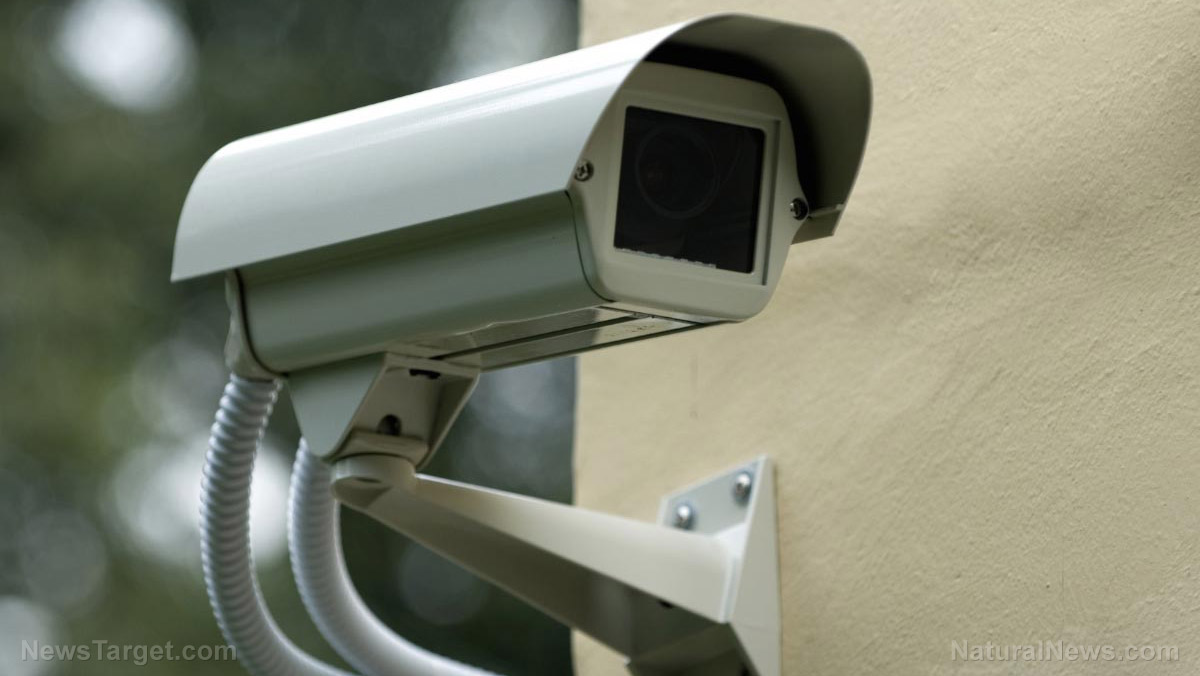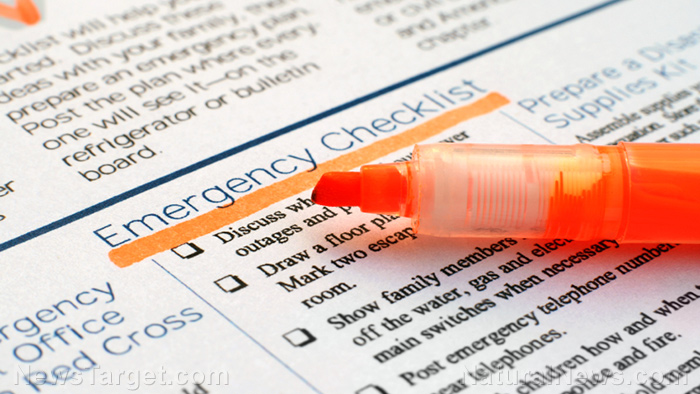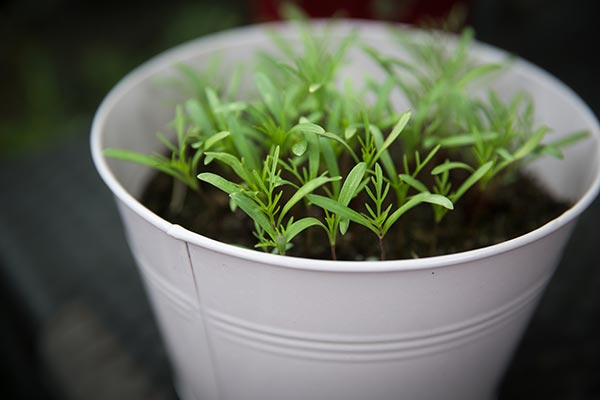What is a preparedness audit and why do you need one?
05/12/2020 / By Arsenio Toledo

Audits are inspections of a person’s or a business’ accounts and inventory. Businesses conduct audits every year to help them figure out how much they’ve spent, what supplies they still have and what they need to invest in. Preppers have a lot to learn from how organizations conduct audits, because like it or not you will need to conduct a preparedness audit on yourself and your stockpile.
At least once a year, you should conduct an audit on your own supplies of food, water, natural medicine and other essential items. Your audit can be broken down into two parts. The first will be the audit of your food and the second will be the audit of your other supplies.
Supply audit
As a prepper, you will have a ton of supplies and gear that may be scattered around in different storage compartments around your home. This is why auditing your supplies is important, because it can also help you get organized. Take the time to bring together all of your supplies in one area where you can conduct a thorough audit of all of them. Once you’ve collected all of your supplies, you can start categorizing them.
One of the best ways to categorize your prepper supplies is to divide them according to the function they serve, such as:
- Shelter
- Security
- Hygiene
- Sanitation
- Emergency communications
- Lighting
There is no one right way to organize your prepper supplies. Some preppers prefer to organize their supplies depending on the kind of disaster they may face, such as power outages, pandemics or even nuclear events.
But, one thing you should do is to keep all your supplies in one area, such as a survival closet where all of your supplies can be safely kept in boxes or other storage compartments. This safe storage rule also applies to your firearms, which should be kept locked, unloaded and out of reach of children. (Related: What are the most important items to keep in your emergency stockpile?)
Food inventory
Similar to your other prepper supplies, your stockpile of food may be all over the place. Gather them all together in one place and begin making a list of what you have. This will help you figure out what other foods you may need. Remember that this list should be physical, as it will help you keep track of your food supplies even during blackouts.
You should break down your food supplies into categories as well. Here are some common food categories that may be able to help:
- Dry goods, like flour and sugar
- Dried food items, like rice, beans, pasta and grains
- Boxed goods, such as cereals and crackers
- Herbs and spices
- Beverages such as tea and coffee
- Perishable goods, like fruits and vegetables
Once you’ve made a proper inventory of your supplies, start keeping your food in three places. Your perishables go into the refrigerator, the food that you will consume within the next few days goes into your kitchen cabinets and the food you’re going to put away for your food storage goes into a different compartment, such as a supply closet or a root cellar.
As soon as your audit is complete, make a note of all of the things that you still need to procure, such as extra cans of food or more items for your first aid kit. Remember to conduct an audit of your gear regularly, so you don’t suddenly run out of very essential supplies.
Sources include:
Tagged Under: emergency supplies, Food storage, food supplies, Gear, inventory, preparedness, preparedness audit, prepper, prepping, supplies, survival, survivalist
RECENT NEWS & ARTICLES
COPYRIGHT © 2017 DISASTER NEWS

